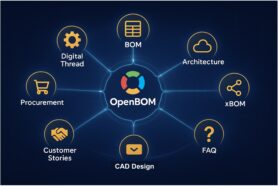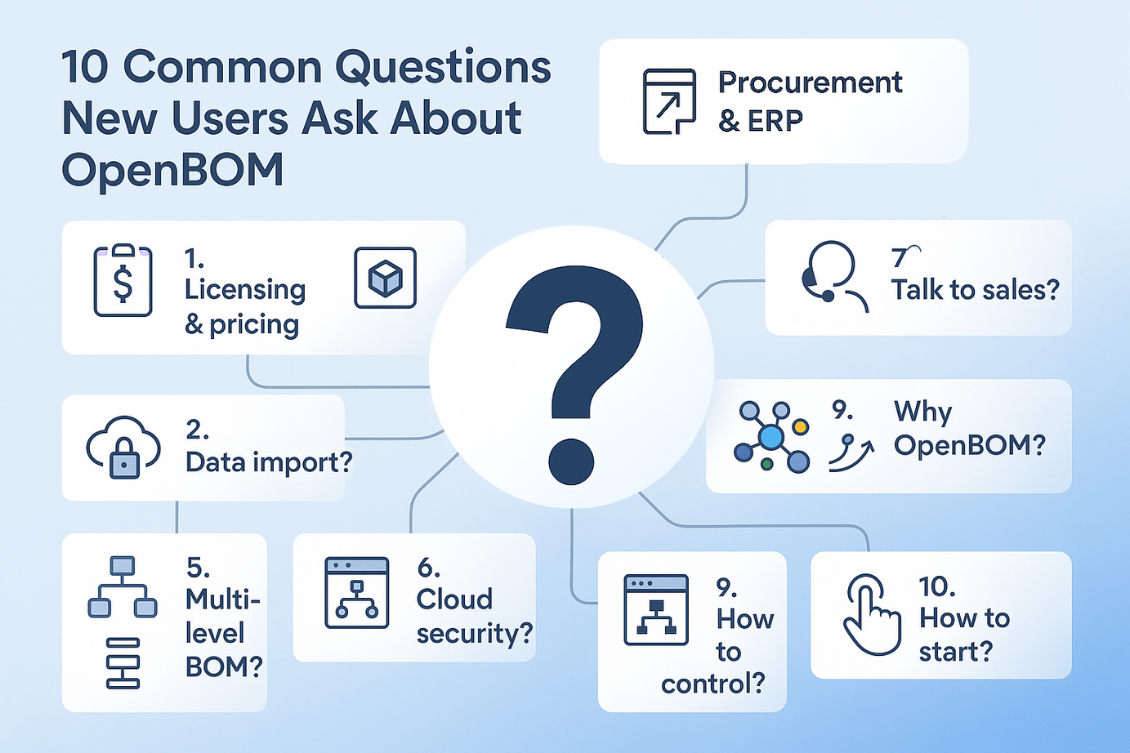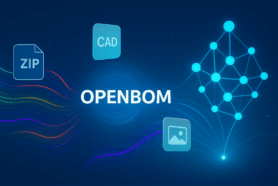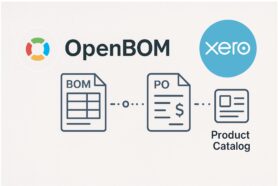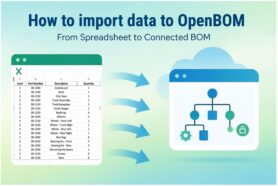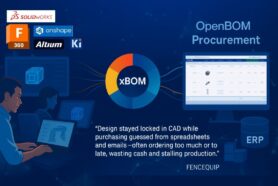
Manufacturers and product development teams have a goal to bring products to market as quickly and efficiently as possible. One strategy manufacturers are using today is outsourcing product development to China to take advantage of the cost-effectiveness, skilled talent, and advanced manufacturing capabilities.
However, before companies start looking at the savings of doing this, they need to ensure that it’s the right choice for them. There are both positives and negatives of outsourcing product development to China. It’s for you to decide whether or not this strategy is the right move for your company.
In this blog, we will go over the do’s and don’ts of outsourcing product development to China. By the end of this blog, you should have an understanding of whether outsourcing product development to China will help your business.
Do’s of Outsourcing Product Development to China
For years, China has become the manufacturing hub of the world. As a result of this, manufacturers have looked at them to help take them from development to production. The main reason for this is that they have an understanding of the production lines and materials that are used in production. With this understanding, it’s assumed, the supplier should also support in development.
But just like anything else, there are some things you can do and some things you should avoid. Here are the top do’s when it comes to outsourcing product development to China.
Thorough Research and Due Diligence
One of the main reasons why manufacturers outsource product development to China is that a contract manufacturer (CM) can offer this for very cheap or free in return for production rights. Therefore, you are not just evaluating a product development team, you are also evaluating your contract manufacturing partner.
Clearly Define Project Requirements
All requirements you create should be as objective as possible. Objectifying requirements in China makes it simple for the product development team to know whether or not they can support you and will also keep everyone focused on the goal during the later stages of design for manufacturing (DFM).
Establish Effective Communication Channels
If you are outsourcing product development to China then there will most likely be a language barrier. Even if your point of contact speaks fluent English (or your native language), it is most likely that not everyone on their team can communicate with you. Therefore, setting up an environment for clear communication is important.
Build Relationships with Partners
If you are outsourcing product development to China then you should know that everything is about relationships. The Chinese have a word for this, 关系 (Guanxi), which means that it’s about who you know rather than what you know. So, look to build relationships with your partner.
Dont’s of Outsourcing Product Development to China
When outsourcing product development to China, there are also certain things you do not want to do. Some of these are physical things while others is a mentality.
Here are the top don’ts of outsourcing product development to China.
Ignoring Cultural Differences
Don’t underestimate the importance of understanding and respecting different cultures. Cultural differences can impact communication styles, decision-making processes, and overall collaboration. Take the time to familiarize yourself with Chinese business culture.
Overlook the Importance of IP Protection
Don’t overlook the significance of intellectual property protection. Failing to implement measures to safeguard your intellectual assets can lead to issues such as counterfeiting or unauthorized use of proprietary technologies. Prioritize legal frameworks and agreements that address intellectual property concerns.
Relying Solely on Cost Savings
Don’t make cost savings the sole determining factor. While China offers cost advantages, selecting partners based solely on low costs without considering factors like quality, reliability, and adherence to timelines can lead to long-term issues.
Ignoring Geopolitical and Regulatory Risks
Don’t disregard geopolitical and regulatory risks. Stay informed about the political climate, trade regulations, and potential changes in the business environment. Be prepared to adapt strategies if there are geopolitical shifts that could impact your outsourcing arrangement.
Conclusion
Product development teams and manufacturers have a single goal to bring products to life as efficiently as possible. Sometimes this means outsourcing certain parts to other countries like China. Whether or not you should outsource product development to China depends on the type of product you have and how well you can manage another team halfway around the world.
No matter what you decide to do, the topic of how to collaborate and share data with your partner will come up. OpenBOM is a cloud-based PDM & PLM platform to manage your engineering and manufacturing data. Companies from startups to Fortune 500s use OpenBOM to create a centralized database to bring in, store, and manage their manufacturing data. With this infrastructure, users also use OpenBOM to streamline both their change management and PO processes.
If you need to improve the way you manage your data and processes, share data instantly, or collaborate with contractors and suppliers, Contact us today for a free consultation.
Regards,
Jared Haw
Join our newsletter to receive a weekly portion of news, articles, and tips about OpenBOM and our community.


